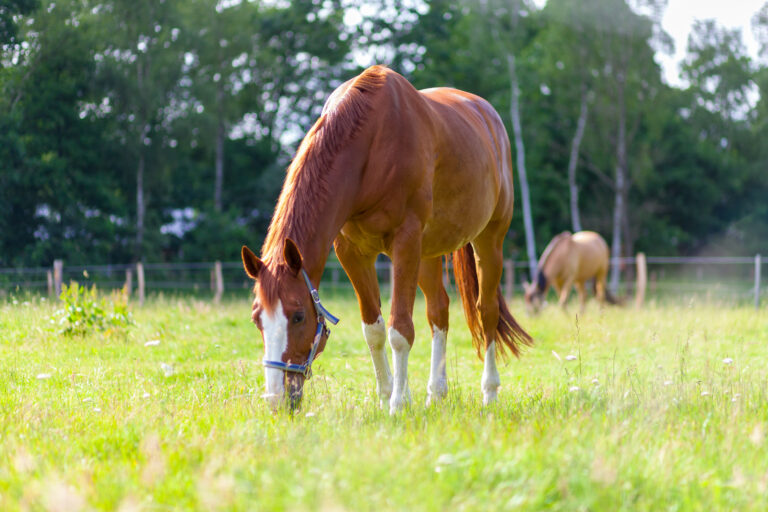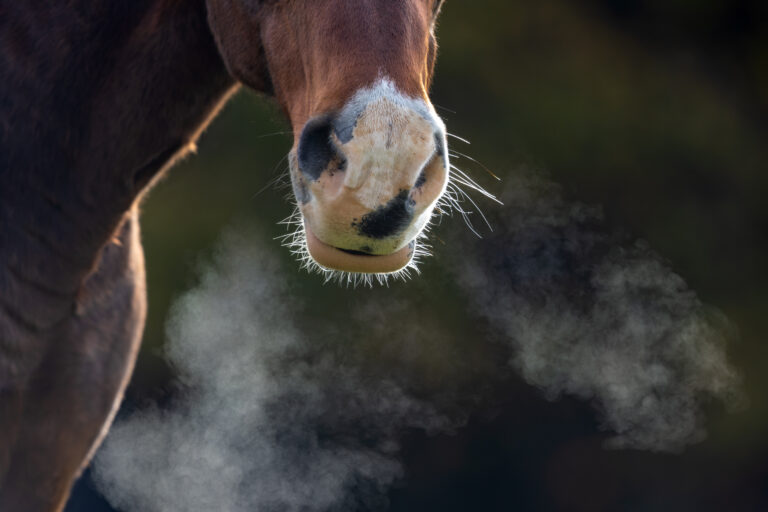
Confirmed cases of neurologic equine herpesvirus (EHV-1) have been reported on private facilities in Ventura County, California, and Jackson County, Oregon.
Oregon
The Oregon state veterinarian reported that a horse with an unknown vaccination status was confirmed with equine herpesvirus myeloencephalopathy (neurologic herpesvirus, EHV-1) in Jackson County. At the time of this report the horse was recovering.
Seventy-five horses on his premises were potentially exposed.

California
The California Department of Food and Agriculture (CDFA) reported a confirmed case of equine herpesvirus type 1 (EHV-1) in a 13-year-old Quarter Horse mare in Ventura County. It was noted that she was confirmed for EHV-1 non-neuropathogenic strain, but she had neurologic signs.
She had onset of clinical signs on November 30 that included ataxia, dysuria, fever, peritonitis, urinary tract infection and urine retention. She was confirmed with herpesvirus on December 5. The mare was affected and alive at the time of this report.
The report stated that the mare is quarantined and isolated at veterinary hospital, where she is receiving supportive care.
Thirty-two potentially exposed horses at her home premises in Ventura County have been quarantined with enhanced biosecurity measures in place following site assessment by CDFA personnel.
The mare displayed dysuria (discomfort when urinating) for approximately one week prior to presentation to the veterinarian with fever, urinary tract infection and peritonitis on Monday, November 30. She became ataxic on Wednesday, December 2, and she was confirmed positive for EHV-1 on Friday December 5. She has no recent travel or show history and was last vaccinated for equine herpesvirus in October of 2020. No additional cases have been identified at this time, and CDFA will continue to actively monitor the situation.
Additional information and future updates can be found on the AHB Equine Herpesvirus page
For more information on herpesvirus check out this AAEP Fact Sheet.
Information for this report was provided by the Equine Disease Communication Center.









